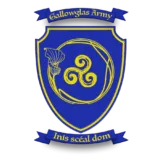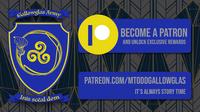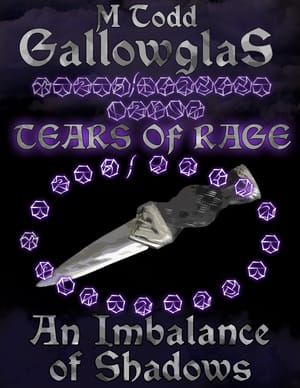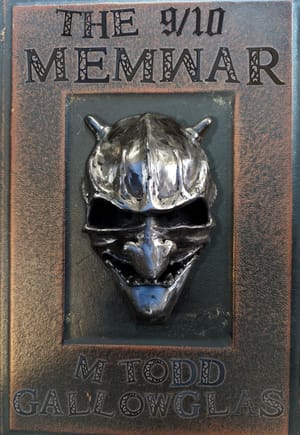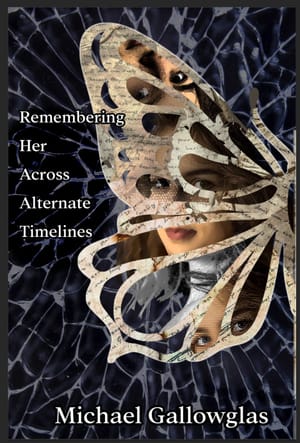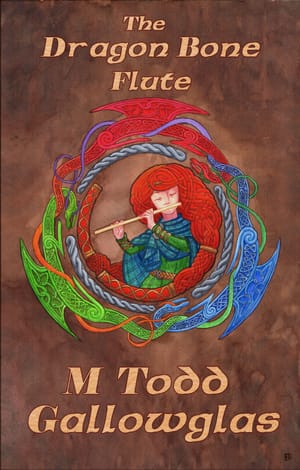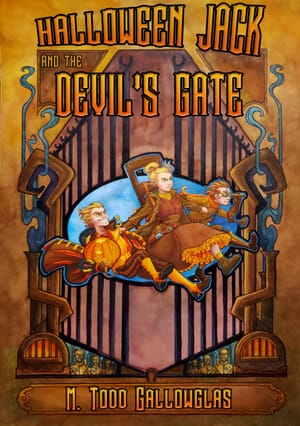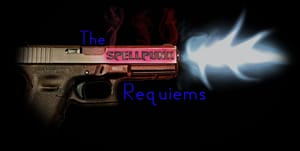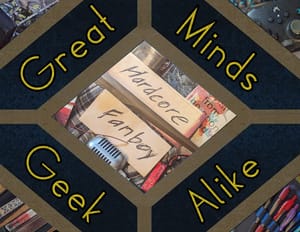10 For Tuesday - 10 Great Story Openings
I'm a little behind on writing this week, so I'm recycling a post from the previous Gallowglas website. However, I'm going to expand my thoughts on some of them.
"They ate Jorgenson first." - Plague Year, by Jeff Carlson
This is my go-to opening line when teaching about the craft of opening lines. This sentence has so much meat (pardon the pun; it's absolutely intentional) packed into four words, three of them having only a single syllable. It hints at a macabre history while also offering questions that drive us into the story. Deconstruct this. Then, deconstruct it again because you can probably pull back further layers.
"The man in black fled across the desert, and the gunslinger followed." - The Gunslinger, by Stephen King
Who is the man in black? Why is he fleeing? Who is the gunslinger? Why is he following the man in black? This epic line brings up so many questions about what happened before and where this story is going.
"I lost a god once." - Great Goddesses, Nikita Gill
I picked this one up based on the title at Barnes and Noble. After that first line, I knew I had to get it. What? Just what? How does one lose a god? What's the context here? I had to keep reading to find out.
"The day Somebody McSomebody put a gun to my breast and called me a cat and threatened to shoot me was the same day the milkman died." - Milkman, by Anna Burns
I love the surrealness of contemporary Irish writers. I can feel the influence of Flann O'Brien in this sentence. Why doesn't Somebody have a real name? How does this tie into the milkman dying? Are the incidents related? So many questions I want answered. The thing is, knowing what I know about Irish writers who came after Flann O'Brien, we might not get those answers in a straightforward manner. It's okay, I'm here fro the Irish weirdness.
"The author is a liar." - Wit'ch Fire, by James Clemens.
What? I mean, WHAAAAT??? Talk about an opening that made me want to keep reading. This is the author talking to me, right? Are they calling themselves out? Do they speak of themselves in the 3rd person? When I first came across this book, I think I checked the front cover to make sure it only had one author. The rest of the prologue frames this pretty well, but man... what a line.
"When Red wins, she stands alone." - This is How You Lose the Time War, by Amal El-Mothar & Max Gladstone
This sentence really works well in relation to the title. That's when the questions start coming, and I want all the answers... right now! What does that have to do with winning or losing the time war? Why is Red alone? Etc. I devoured this book in one day to find out. I was not disappointed.
"I am a child of my century as old as the century." - Byzantium Endures, by Michael Moorcock.
Which century? How exactly is one the child of a century? If this were most other writers, we might be able to accept it at face value, like being a child of a decade. However, this is Moorcock we're talking about. We can't accept anything with Moorcock at face value -- especially not at the beginning of a book. So, what does any of this mean? Guess we have to keep reading to find out.
"When they write my obituary." - The History of Love, by Nicole Krauss.
This opening is full of some hutzpah. Is it even a complete sentence? Doesn't matter because it hooks. What about writing the obituary? Is the obituary something that's coming soon? Why's the narrator thinking about it? Does the narrator think about this often, or is this a passing thought just to spark off this story?
"The seller of lightning rods arrived just before the storm." - Something Wicked This Way Comes, by Ray Bradbury.
This is a perfect balance between straightforward prose and poetic imagery that lingers in the imagination. It's a microcosmic story on its own, kicking off one more brilliant Bradbury adventure. It's also a perfect metaphor for the rest of the story.
"After an idle discussion with the pest control man who came once a month to spray around the outside of his home in the Ruxton section of Baltimore, William Sterog stole a canister of Malathion, a deadly insecticide poison, from the man's truck, and went out early one morning, following the route of the neighborhoods milkman, and spooned medium-large quantities into each bottle left on the doorstep of seventy homes." - The Beast the Shouted Love at the Heart of the World, by Harlan Ellison.
WTF, Ellison. Just WTF?
I use Amazon links because I'm a hustling creative trying to make my way through late-stage, free-market capitalism.
